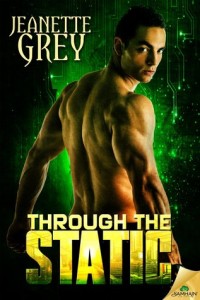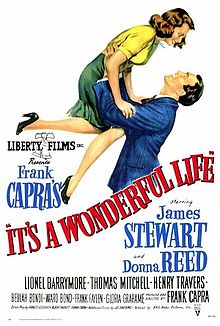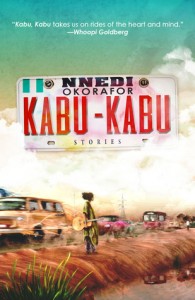 My guest today is one of my favorite authors, which makes this a terrific day for me. And her latest book, and today’s review book, Through the Static, is also a terrific piece of science fiction romance, with just a slice of cyberpunk for spice. If you love SFR as much as I do, Jeanette is also the author of the excellent Unacceptable Risk (reviewed here). And if contemporary romance is more your thing, be sure to check out Jeanette’s contemporary romances, Take What You Want (reviewed here) and Get What You Need, which I need to get a review copy of pronto.
My guest today is one of my favorite authors, which makes this a terrific day for me. And her latest book, and today’s review book, Through the Static, is also a terrific piece of science fiction romance, with just a slice of cyberpunk for spice. If you love SFR as much as I do, Jeanette is also the author of the excellent Unacceptable Risk (reviewed here). And if contemporary romance is more your thing, be sure to check out Jeanette’s contemporary romances, Take What You Want (reviewed here) and Get What You Need, which I need to get a review copy of pronto.
The Power of “What if?” according to Jeanette Grey
As the child of a couple of engineers, I was indoctrinated into the world of science fiction young. Star Trek reruns were on constant replay in my house growing up, and I insist to this day—though my parents deny it—that one of my first memories is of being carried into our garage, late at night, after watching Return of the Jedi. (I probably remember actually being carried home from the babysitter’s, where I stayed while my parents went to see Return of the Jedi, but that’s neither here nor there.)
And yet, when science fiction skeptics ask me how I can enjoy that stuff, I like to cite a different childhood favorite of mine as the embodiment of what I love about sci-fi.
 Namely, It’s a Wonderful Life.
Namely, It’s a Wonderful Life.
Bear with me if you will. There may not be any space ships or aliens in this holiday classic, but what aligns it with the larger genre that encompasses sci-fi, known as speculative fiction, is that it begins with a specific kind of premise. It asks, “What if?” What if George Bailey never lived? What would happen?
And in my mind, the most interesting science fiction asks “What if?” questions, too.
Look at The Hunger Games, where Suzanne Collins asks what would happen in a near-future world where people are separated by inequality and ruled by an iron-fisted government that uses fear and the lives of children to control its people.
Look at The Minority Report, which asks what would happen if police could see crimes before they happened, but without the context to be certain about the nature of those crimes. The Matrix, where technology got away from us and enslaved us. The Handmaid’s Tale, in which a crisis of scarcity and fertility leads to the rise of an extremist society that forces women into subservience.
And yes, Star Trek, where civilization has evolved to the point where all beings are seen as equal, and technology has allowed humanity to explore the stars, looking for new life and new civilizations.
All of these stories begin by asking “What if?” And then they create rich worlds in which to explore that question, populated by unique characters.
If you ask me, what’s not to like about that?
In my new book, Through The Static, I ask the question of what would happen if, in some not-so-distant future, we took the technology that is becoming so common in our lives in the form of cell phones and tablets and fitbits, and we integrated it right into our minds? What if we could connect and communicate by thinking?
The answer in the book, unfortunately, is that some people use that power to effectively enslave others. Our hero, Jinx, has had his memory erased and his thoughts tied to those of two other people, together with whom he makes up an elite mercenary unit. But beneath the controls placed on his very thoughts, pieces of his humanity and his former life slip through.
Those fragments of his stolen past are what lead researcher Aurelia to free him from his unit. In the process, though, to combat the damage done to his neural pathways over the years of his service, she has no choice but to link his mind to hers. The result is an intensely powerful mental, emotional and ultimately physical connection that brings them closer than either of them has ever been to another person before. One that leads to them falling not only into bed together, but in love.
 About Jeanette Grey
About Jeanette Grey
Jeanette Grey started out with degrees in physics and painting, which she dutifully applied to stunted careers in teaching, technical support, and advertising. When none of that panned out, she started writing. In her spare time, Jeanette enjoys making pottery, playing board games, and spending time with her husband and her pet frog. She lives, loves, and writes in upstate New York.To learn more about Jeanette, visit her website and blog and follow her on Twitter and Facebook.
~~~~~~GIVEAWAY~~~~~~
Jeanette’s giving away an ebook copy of Through the Static to one lucky winner (Very lucky, this book is a winner!). To enter, use the Rafflecopter below:
a Rafflecopter giveaway


